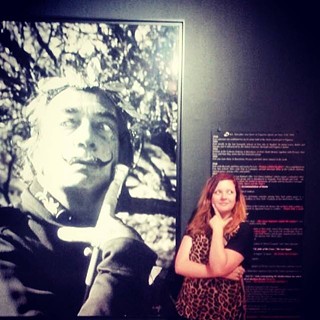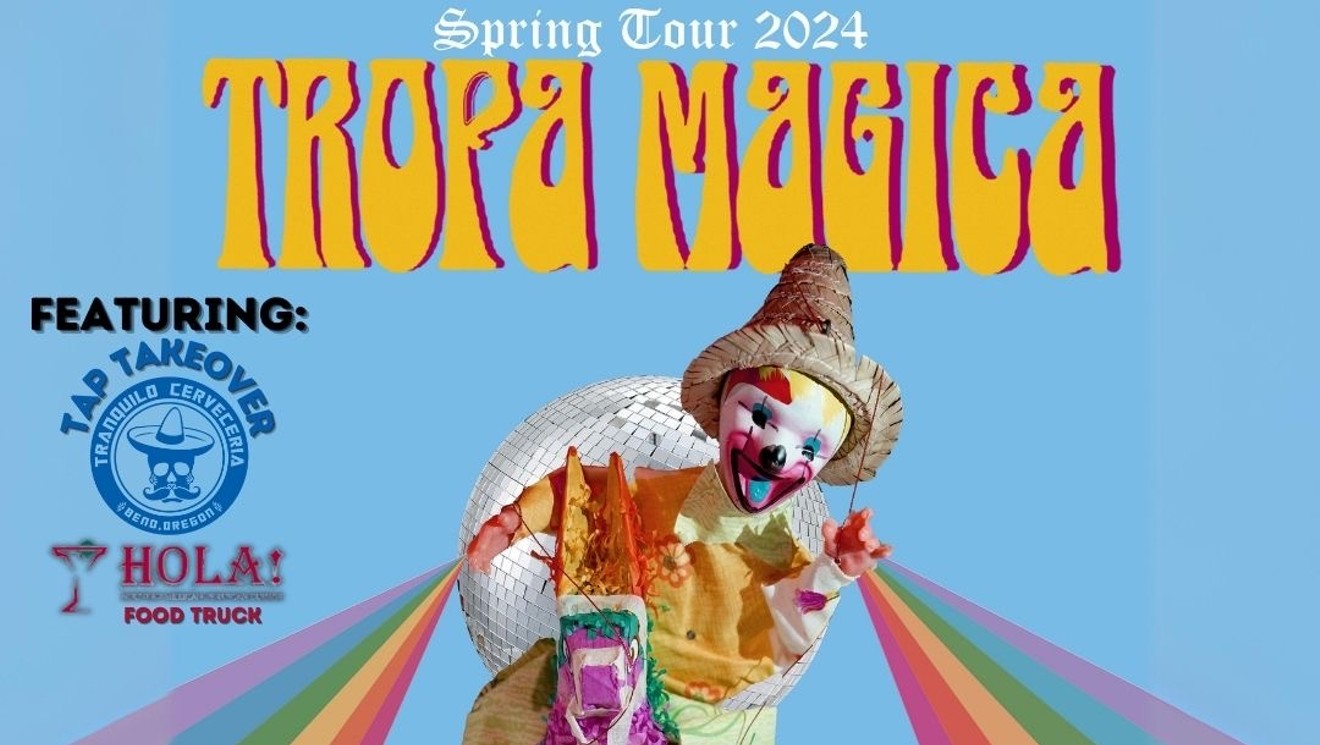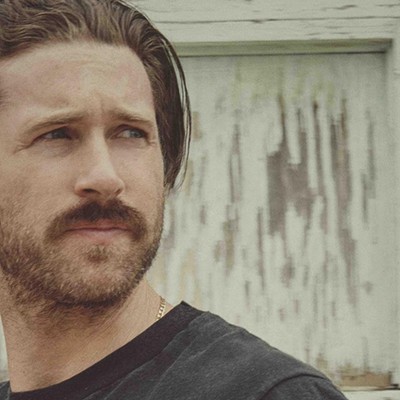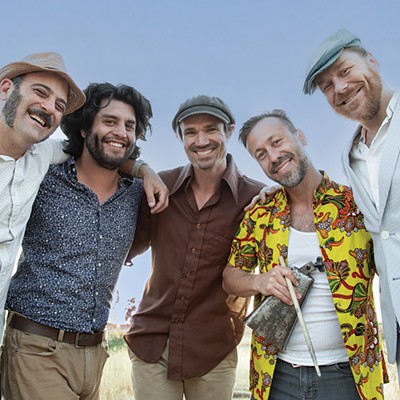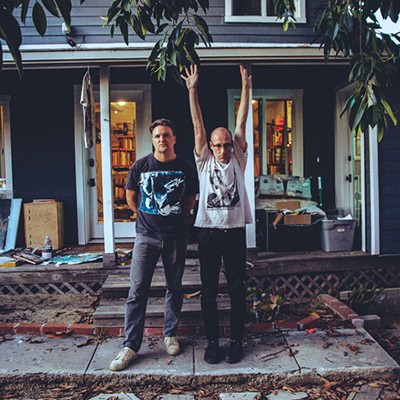The history of Hermosa Beach-based punk godfathers Pennywise reads like an especially well-tailored script for an episode of VH1's "Behind the Music."
Assembled in 1988 by a crew of fast-talking surf-punks deeply embedded in the SoCal hardcore scene, Pennywise released its first album, 1991's Pennywise, to minor, but groundbreaking chart success. The departure from the hair-metal-saturated pop scene was one that marked the initiation of second-wave punk rock with droning baselines, anti-establishment and politically motivated themes, as well as a consistent air of rebellious middle finger wagging.
Inspired by early-'80s American hardcore bands, like Black Flag, Minor Threat and the Circle Jerks, vocalist Jim Lindberg, guitarist Fletcher Dragge, bassist Jason Thirsk and drummer Byron McMackin soon found themselves shoulder-to-shoulder with a new generation of punk including, Rancid, MxPx and the Mr T. Experience. These bands preceded the advent of Green Day's Dookie and that band's signing to a major label—a new level of mainstream popularity for punk.
At the same time, Pennywise was spreading generally shit-kicking rock and roll to the suburban masses. The seminal parking lot take-over punk festival, Van's Warped Tour, was doing the same. Pennywise became one of five core bands—along with label brothers NOFX, who were signed to Bad Religion guitarist Brett Gurewitz's Epitaph Records—to headline the festival and now have played eight of the 20 American tours, perhaps becoming nearly as associated with the fest as its sponsor, skate shoe company Vans.
The band's success, though, has been marked with tragedy. In 1996, bassist and songwriter Thrisk died from a self-inflicted gunshot wound after struggling with alcoholism. Substance abuse and animosity between members also led to singer Lindbert's 2009 departure from the band (after eight albums and nearly 20 years together) for a three-year hiatus. Dragge and the other members replaced Lindberg with Zoli Téglás of Ignite, retaining the Pennywise name. Meanwhile, Lindberg made a run at getting a new group off the ground, Black Pacific, and released just one album in 2010.
In 2012, Lindberg triumphantly returned to the band and his presence has revived the ensemble to its primal state. Although the road has been long for Pennywise, the band has found a way to retain its young angst for its core Gen Xer audience, who might have owned a Pennywise cassette as 14-year-old JNCO jean-wearing punkers.
In the same way that those longtime fans have grown into self-respecting, non-JNCO-wearing adults 30-somethings, the band has matured as well.
In 2007, Lindberg wrote his first book, "Punk Rock Dad: No Rules, Just Real Life," and in 2011 was featured in the documentary The Other F Word, alongside Red Hot Chili Peppers' Flea, Rise Against's Tim McIlrath and Blink-182's Mark Hoppus, about the challenges of balancing anti-establishment lifestyle with responsible parenting to his three young daughters.
While fatherhood might have softened the home life of Pennywise, the band's stage presence and "f--- authority" attitude persevere 25 years later.
Pennywise with Teenage Bottle Rocket
Sat., April 26
7:30 pm.
Midtown Ballroom, 51 NW Greenwood Ave.
$20.

